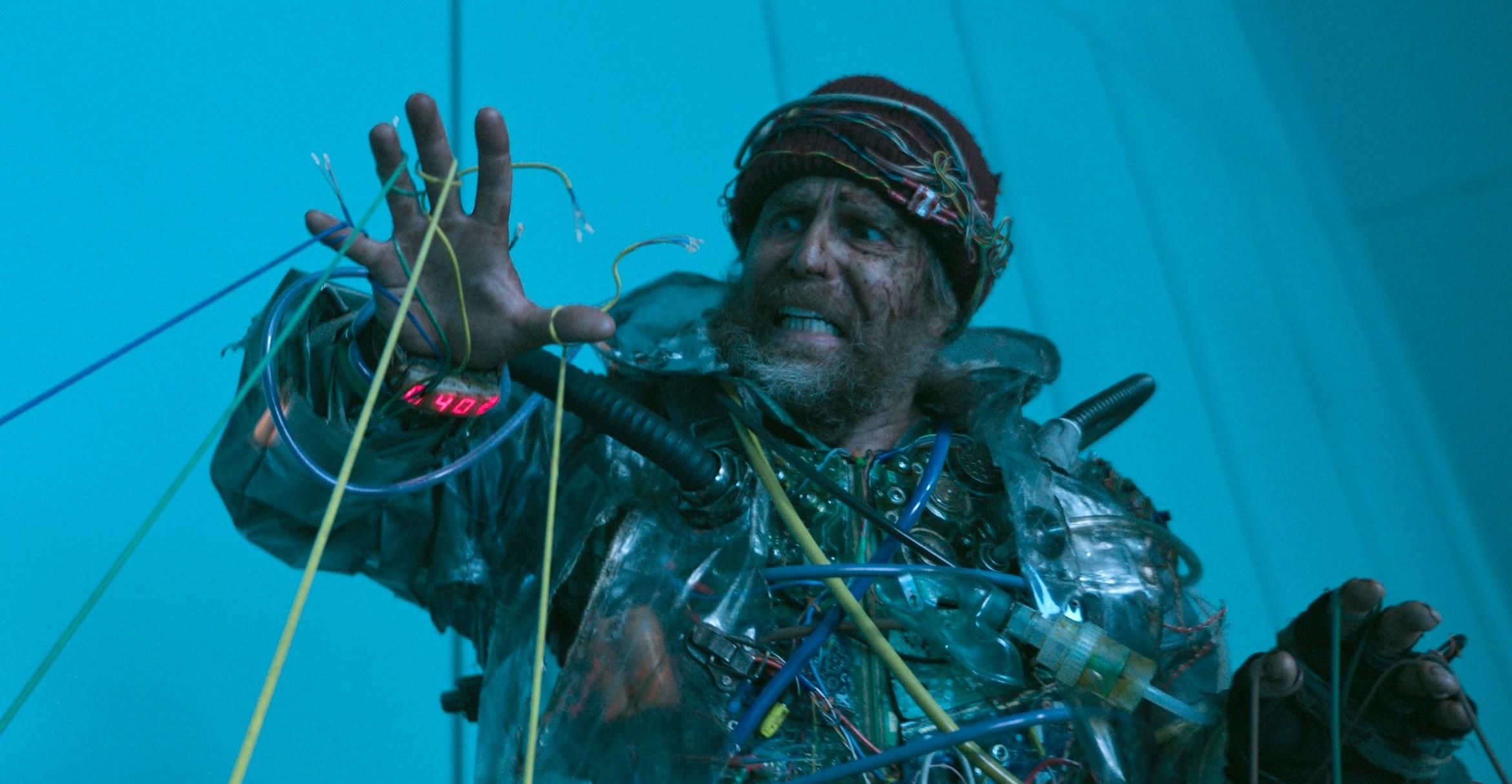A Chinese foreign ministry spokeswoman says Biden's comments sent a "seriously wrong signal" to separatists forces for Taiwan independence

US President Joe Biden said US forces would defend Taiwan in the event of a Chinese invasion, his most explicit statement on the issue, drawing an angry response from China that said it sent the wrong signal to those seeking an independent Taiwan.
Asked in a CBS 60 Minutes interview broadcast on Sunday whether U.S. forces would defend the democratically governed island claimed by China, he replied: "Yes, if in fact, there was an unprecedented attack."
Asked to clarify if he meant that unlike in Ukraine, U.S. forces - American men and women - would defend Taiwan in the event of a Chinese invasion, Biden replied: "Yes."
The CBS interview was just the latest time that Biden has appeared to go beyond long-standing stated U.S. policy on Taiwan, but his statement was clearer than previous ones about committing U.S. troops to the defend the island.
The United States has long stuck to a policy of "strategic ambiguity" and not making clear whether it would respond militarily to an attack on Taiwan.
Asked to comment, a White House spokesperson said U.S. policy towards Taiwan had not changed.
"The president has said this before, including in Tokyo earlier this year. He also made clear then that our Taiwan policy hasn't changed. That remains true," the spokesperson said.
Chinese foreign ministry spokeswoman Mao Ning told a regular briefing in Beijing that Biden's comments sent a "seriously wrong signal" to separatists forces for Taiwan independence.
China was "strongly dissatisfied and resolutely opposed" to Biden's comments and had lodged a formal complaint over it, she said, warning that China reserves the right to take all necessary measures to counter separatism.
Taiwan's foreign ministry expressed its thanks to Biden for his reaffirming of the "U.S. government's rock-solid security commitment to Taiwan".
Taiwan will continue to strengthen its self-defense capabilities and deepen the close security partnership between Taiwan and the United States, the Taiwan ministry said in a statement.
The CBS interview with Biden was conducted last week. The president is in Britain for Queen Elizabeth's funeral on Monday.
PLAY WITH FIRE'
In May, Biden was asked if he was willing to get involved militarily to defend Taiwan and replied: "Yes ... That's the commitment we made."
In the 60 Minutes interview, Biden reiterated the United States remained committed to a "one-China" policy in which Washington officially recognizes Beijing not Taipei, and said the United States was not encouraging Taiwanese independence.
"We are not moving, we are not encouraging their being independent ... that's their decision," he said.
China was angered by a visit to Taiwan by U.S. House speaker Nancy Pelosi in August and it conducted its largest-ever military exercises around Taiwan in response.
China has protested against moves by U.S. lawmakers to advance legislation that would enhance U.S. military support for Taiwan. read more
Chinese President Xi Jinping has vowed to bring Taiwan under Beijing's control and has not ruled out the use of force. Taiwan strongly objects to China's sovereignty claims.
In a phone call with Biden in July, Xi warned about Taiwan, saying "those who play with fire will perish by it." read more
Asked last October if the United States would come to the defense of Taiwan, which the United States is required by law to provide with the means to defend itself, Biden said: "Yes, we have a commitment to do that."
At that time, a White House spokesperson also said Biden was not announcing any change in U.S. policy.
Bonnie Glaser, an Asia expert at the German Marshall Fund of the United States, said if Biden made such pledges he needed to ensure he could back them up.
"If President Biden plans to defend Taiwan, then he should make sure the U.S. military has the capability to do so," she said. "Rhetorical support that isn't backed up by real capabilities is unlikely to strengthen deterrence."
Biden's Asia policy czar, Kurt Campbell, has in the past rejected any move to "strategic clarity" over Taiwan, saying there were "significant downsides" to such an approach.
SOURCE: REUTERS
PMD forecasts rain wind with thunderstorm in Balochistan, KP
- 6 hours ago

High voltage clash: India defeat pakistan by 61 Runs, qualify for Super Eight
- a day ago
England survive Italy scare to reach T20 World Cup Super Eights
- 5 hours ago

Westminster Int'l School Bahria Campus concludes Phoenix Fest & Mavericks 2026 in grand style
- 9 hours ago

Gold prices plunge in Pakistan, global markets
- 10 hours ago

Good Luck, Have Fun, Don’t Die is a rollicking parable about this moment in tech
- 21 hours ago
X briefly hit by ‘international outages’: monitors
- 5 hours ago
FinMin claims losses of SOEs plummet by around Rs74b in three years
- 11 hours ago
Field Marshal Asim Munir vows to deepen Pak-UAE partnership
- 10 hours ago

PM invites Austrian businesses to expand investments in Pakistan
- 7 hours ago
Multan hosts All Pakistan Long Range Shooting Championship
- 10 hours ago
Blast near Bannu police station leaves two dead, 17 wounded
- 11 hours ago




